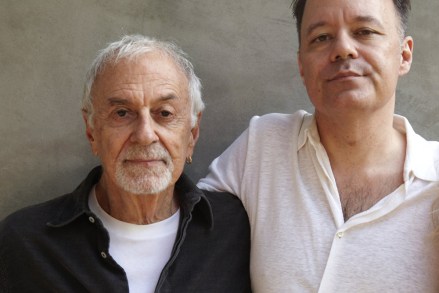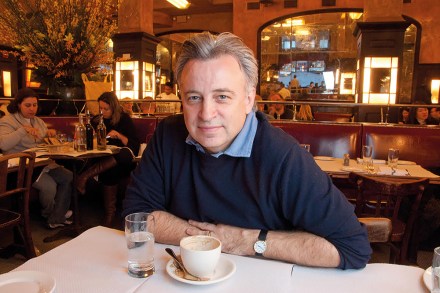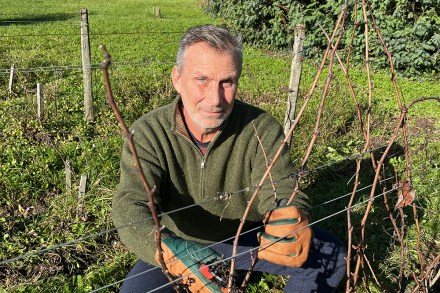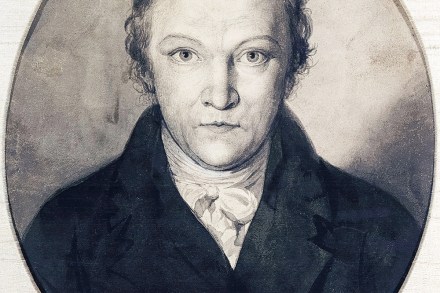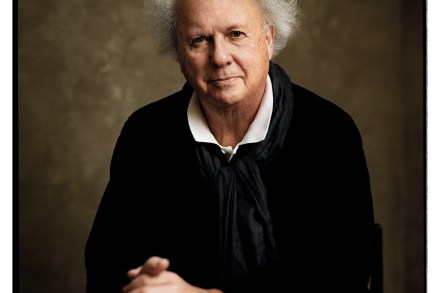A life among movie stars can damage your health
Mothers of America let your kids go to the movies! get them out of the house so they won’t know what you’re up to it’s true that fresh air is good for the body but what about the soul that grows in darkness, embossed by silvery images… So wrote Frank O’Hara in ‘Ave Maria’, in 1964. Matthew Specktor is the son of the talent agent Fred Specktor and the writer Katherine McGaffey, whose crushing misadventures in screenwriting seem to him a detour in what could have been a far happier life. His father’s specialism was originally ‘oddballs and misfits’, carting around actors like Jack Nicholson and
